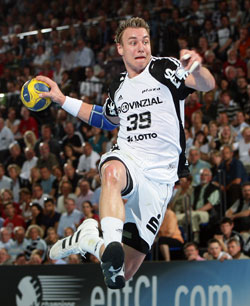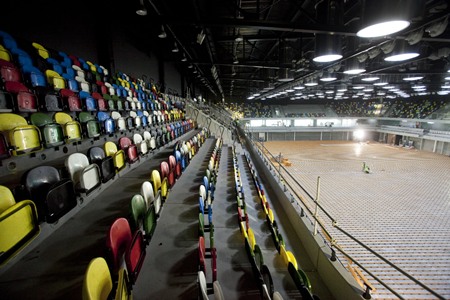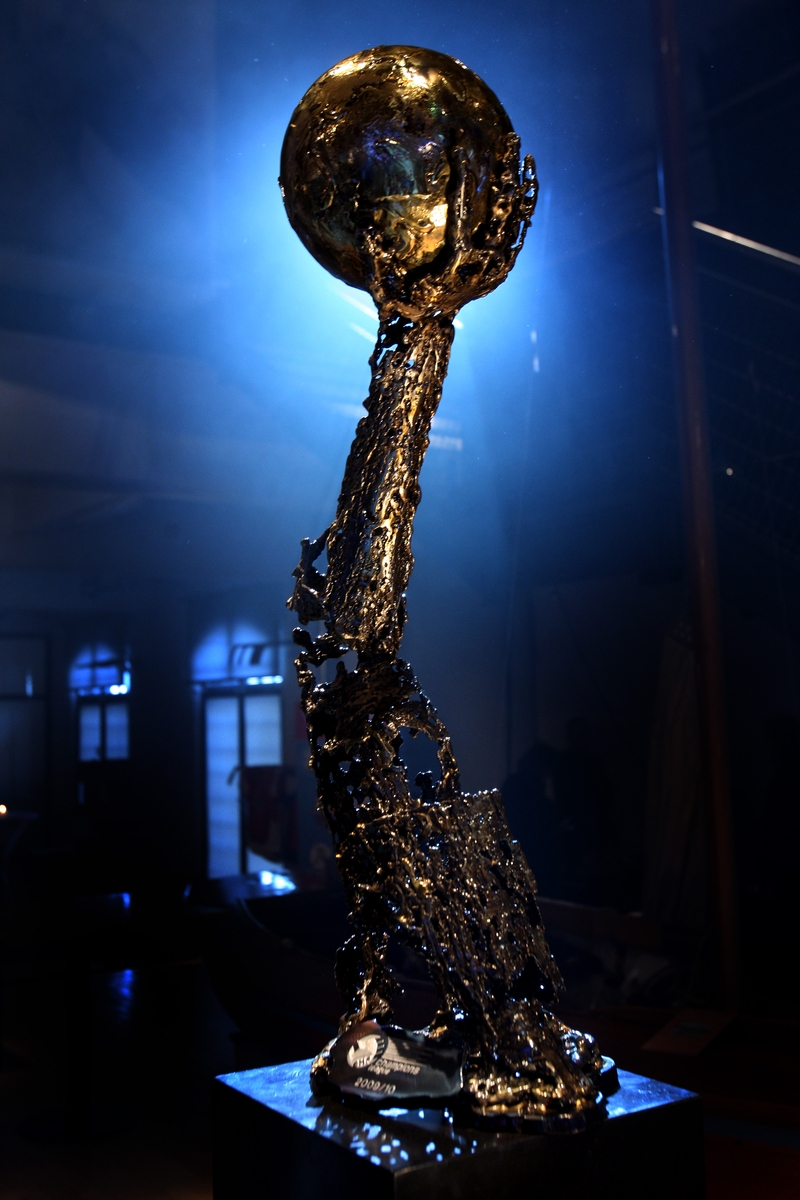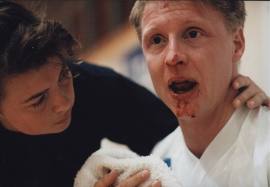About a year ago, I wrote several articles taking issue with the overall trend and many specific provisions in the IHF By-Law proposals that had been developed for approval at a Congress that in the end had to be cancelled due to the ash cloud that the ‘Viking Gods’ spread over much of Europe. When the IHF is now making a second attempt in Morocco next week, it is disturbing to see that neither the IHF regime, nor those who opposed the proposals a year ago, have seen fit to cause some of the most obvious improvements to be made.
Last year, there was a major battle between the IHF and EHF over both principles and details. Representatives of many member countries chimed in. There was some sense that perhaps the IHF would back off. But at this time it is clear that, after one specific concession regarding the rights to qualification events for World Championships and Olympic games, the EHF has indicated a readiness to ‘swallow’ the rest without a fight. I am prepared to conclude that this must be a tactical move, where the EHF recognizes the reality that they do not have the votes in the IHF Congress or the IHF Council and cannot do much more to influence other voters. In those circumstances, a continued battle might have negative repercussions.
This turnaround has caused an angry mood in a number of national federations in Europe, but there is not likely to be sufficient momentum for successful action. Moreover, the reality is that in many other federations voting at the Congress, there is very limited information about the relevant issues. So personally, I am also inclined to be pessimistic at this stage, but I will nevertheless provide below an overview of the major concerns with the IHF proposals. In doing so, I will focus more on principles and trends than on details.
But first I want to note the problem that the IHF has jumped into a focus on By-Laws, which is essentially a set of regulations regarding structure, decision-making processes and distribution of power, without bothering to focus on what appropriately should first be done. During my 32 years in the IHF, I kept wishing that there would emerge a widespread realization that an organization like the IHF desperately needs to have strong and clear goals and objectives, from which flow the strategies and methods by which the IHF would then pursue its goals. (Of course, such goals and strategies would thereafter be reviewed and updated on a regular basis). But such an exercise has never taken place. And it is indeed inappropriate to undertake a major effort to revise structures and processes in a vacuum, without knowing clearly what goals and strategies they are supposed to support.
One illustration of this problem is that the IHF’s main group of working-level entities, the Commissions, has essentially been left untouched in the By-Law Proposals. Here it is proposed that the ‘one size fits all’ approach will be maintained, despite the major differences in functions and tasks. Some have minor ‘backroom’ functions, while others have major operational responsibilities and even personnel management functions which are fundamental to IHF events. But their roles and their size/staffing have not even been considered, in part because of the missing focus on tangible objectives and strategies.
Instead, the main focus of the proposed changes is on a totally outdated and inappropriate trend of shifting power from all other stakeholders to the IHF. The IHF has always used a ‘top down’ style, but now there is a strengthening of this undemocratic approach, with a focus on the rights and privileges of the IHF and the duties and obligations of the continental and national federations. This is supplemented by admonitions that these federations and other stakeholders, such as coaches, referees, officials, players and staff must be ‘respectful and cooperative’, above all complying with IHF regulations and decisions. But there is essentially nothing said about what the IHF undertakes to do for the other stakeholders, except the decision-making of course…
One particular concern is the role of the Council. Ideally this should be a key decision-making body on a continuous basis, both on general policy issues and on major financial issues. Of course it should also have a major role in developing goals and strategies. But the proposal is for the Council to continue to have a rather vague or obscure role, at the mercy of the President and totally overshadowed by him and the Executive Committee. Moreover, the Executive Committee should really be the Council’s executive arm, answerable to the Council. But instead it is becoming more and more independent from the Council, acting mainly under the President’s personal supervision.
Within the overall trend of consolidating more influence and decision-making authority inside the IHF, there is also a move towards more personal power and autonomy for the President. Much of this has already been going on outside the By-Laws, but now it is being explicitly authorized. This would in any circumstances be undesirable and contrary to the best interests of any international organization that wants to reflect modern management principles and the increased degree of participation that is being sought around the world. But it is particularly inappropriate and dangerous at a time when the President has recently become a full-time official, constantly involved in all activities at Headquarters, and when the manager at headquarters is a long-time subordinate of the President. Moreover, it is being proposed that the Secretary General position be eliminated, and although the Treasurer position is retained, the control over all financial transactions is now explicitly proposed to be moved to the President personally. In other words, all ‘checks and balances’ are being completely eliminated.
Accordingly, all participants at the upcoming Congress are urged to vote against the proposals and to argue strongly among their colleagues for a united front against autocracy and centralization!


















